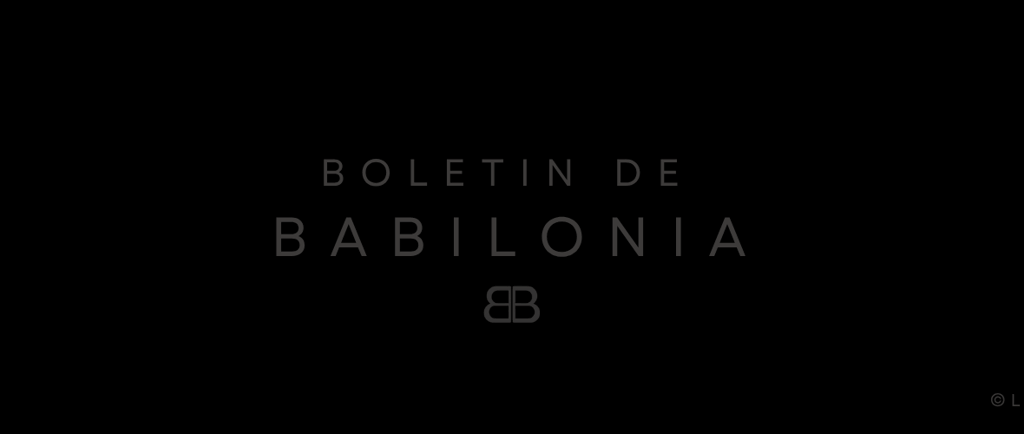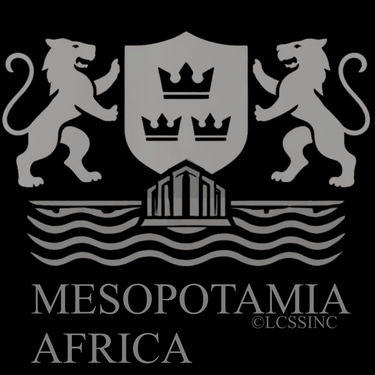Jazz du Quartier Latin
El Sentido
8/15/2025


Jazz du Quartier Latin
por Lea Celik Sommerseth Shaw
Siempre he encontrado que el ritmo es el primer lenguaje del mundo. Mucho antes de que la tinta tocara el papel, antes de que los imperios trazaran mapas del mundo, hablábamos en tambores. La tierra misma palpitaba bajo nuestros pies, y nuestros corazones llevaban su compás. Mi viaje con Jazz y África es un regreso a esa conversación primordial: un diálogo entre continentes, historias y almas.
África, para mí, no es una abstracción. Es hogar. Es la calidez del sol y la firmeza del cielo nocturno. Mi trabajo en la música, el activismo y los puentes culturales siempre ha tratado de reconectar ese hilo materno, incluso cuando el mundo moderno ha intentado desgastarlo. El jazz, por su parte, es el latido de la diáspora: nacido del desplazamiento, moldeado por la resistencia y sostenido por la esperanza.
Cuando subo a un escenario, sea en Ciudad del Cabo, La Habana o Barcelona, nunca soy simplemente una oyente. Participo en un ritual. Escucho las trompetas que evocan el llamado de ancestros lejanos; siento el bajo caminando por los polvorientos caminos de la migración; percibo los tambores convocando un tiempo en que la música no era mercancía, sino necesidad de supervivencia.
En Jazz y África, cada nota es un punto de encuentro a través de los siglos. Cuando el ritmo se apodera, escucho las congas de La Habana abrazándose con las cuerdas de kora de Bamako, como viejos amigos reencontrándose tras una larga separación. El jazz de los townships sudafricanos se desliza alegremente hacia las notas azules y ahumadas de Harlem, y su conversación viaja en el viento como susurros entre espíritus afines. Esto no es una fusión—fusión sugiere dos desconocidos mezclándose educadamente en una recepción. Lo que yo vivo y respiro es una reunión: el instante en que familiares de sangre se reconocen tras generaciones separadas, cuando los ojos se abren de memoria y los brazos se extienden sin dudar.
Con demasiada frecuencia, la historia se ha escrito como si el relato de África hubiera sido destrozado como vidrio, y sus fragmentos dispersados irremediablemente por los océanos. Los barcos negreros, las particiones, los trazados coloniales de mapas—todo ello se ha presentado como la ruptura final de los lazos. Pero yo sé, en lo más profundo de mis huesos, que nunca se perdió nada por completo. Los ritmos se escondieron en los cantos de trabajo, en las llamadas y respuestas, en los lamentos del góspel, en los giros del blues, en los pasos sincopados del pie de un bailarín. Permanecieron latentes, pero nunca murieron, esperando el momento justo para hablar de nuevo.
Es en las jam sessions, en la improvisación cruda donde nadie pide permiso, donde surge la prueba de nuestra integridad. Lo he sentido en un ensayo nocturno en Dakar, cuando un trompetista de Nueva Orleans cayó de repente en un grooveque el maestro del djembe reconoció desde su infancia. Lo he visto cuando un bajista cubano escucha el pulso de un baterista ghanés y sonríe de esa forma que dice: yo sé esto—siempre lo he sabido. La música recuerda lo que los libros de texto olvidan, y lo recuerda en color, en sudor, en risas y en desafío.
Llevo este trabajo también a mi activismo. Así como el jazz siempre ha sido una forma de resistencia, Jazz y África es mi manera de insistir en que la memoria cultural es poder. El proyecto colonial intentó silenciarla, pero la música se niega a olvidar. Y yo me niego a dejar que la próxima generación herede un silencio donde debería haber canción.
Cada presentación, cada proyecto, cada colaboración es un acto de reivindicación. No estoy aquí solo para preservar la tradición; estoy aquí para hacer que viva, respire y reclame su lugar en el presente. El jazz y África no son capítulos separados: son el mismo libro, aún escribiéndose. Y si escuchas con atención, lo oirás: el latido sigue fuerte.
Lea Celik Sommerseth Shaw
Saint Germain Des Prés, 15 de agosto de 2025
LCSS INC™ Signature 100 Bishopsgate EC2N 4AG London, Saint-Germain-des-Prés 75006 Paris
Please note that the administrations of Macron and Starmer are engaged in political corruption and may have stolen her correspondence; any opposing statements must be shared with the International Press and the Democratic heads of state for Intervention.
Please note Lea permanently closed her Twitter/X, LinkedIn 2025, due to Musk's bud Macron, who is HQ censoring Independent workers and permitting Retired Scammers to HQ Phish DM credits, which is forwarded to International Authorities.
Lea always links her social media to her Official site and has one profile on each platform, with her name, face, and profile all about herself and her life. Lea has always had NoDM notification and publishes her statements publicly on her official site
© 2025 LCSS INC. Lea Celik Sommerseth Shaw. All rights Reserved.
HERALD MESOPOTAMIA
ALPHA OMEGA EDITORIALS
